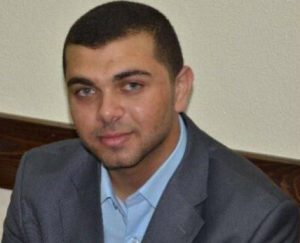A viral video surfaced online featuring two University of Chicago students, Harlan Switzer and Angela Jasmin Donis, destroying posters that showed Israeli children abducted by Hamas.
Watch Video-
Also read | Who is Isabella Panteledes? American University student claims “Israelis aren’t real people”
Who are Harlan Switzer and Angela Jasmin Donis?
Harlan Switzer and Angela Jasmin Donis study at the University of Chicago. They were seen on camera taking down the posters from a nearby area of their university.
As the video of their act went viral on social media several X users slammed them for their move. One user wrote, “Remember these names #NoHireList Fortune 500 companies remember these names! Black list them all”
“@UChicago I can’t see how any other Jews can feel. safe around campus with those two on campus” another X user wrote.
One user tweeted, “Let’s make sure their next job is going to be at KFC Gaza. So they can shut all day, long from the river to the sea.”
Also read | Couple drives past Beverly Hills pro-Israel rally shouting ‘Heil Hitler’ | Watch video
They were shown in the video taking down posters of kidnapped children by Hamas. The video quickly gained popularity on social media and attracted criticism from many users.
Over 10,000 people have died as a result of the Israel-Gaza conflict, and pressure is mounting on Israel to loosen its limitations on Gaza. Their actions have sparked controversy because the video shows her taking a firm stand on the matter and has sparked debate about appropriate ways of protest in the wake of current instability worldwide.
Also read | Who is Ahed Tamimi? 22-year-old Palestinian activist arrested for threatening to ‘slaughter’ Jews
FBI Director, Christopher Wray, has reported that antisemitism in the US is on the rise and has reached “historic levels.” That 60% of hate crimes motivated by religion target Jews is concerning; this increase is related to the ongoing conflict in Gaza. Global concerns have been raised regarding this development.
Their acts have highlighted the complexity of the Israeli-Palestinian issue and the challenges of promoting peace in a highly combustible and entrenched environment.






